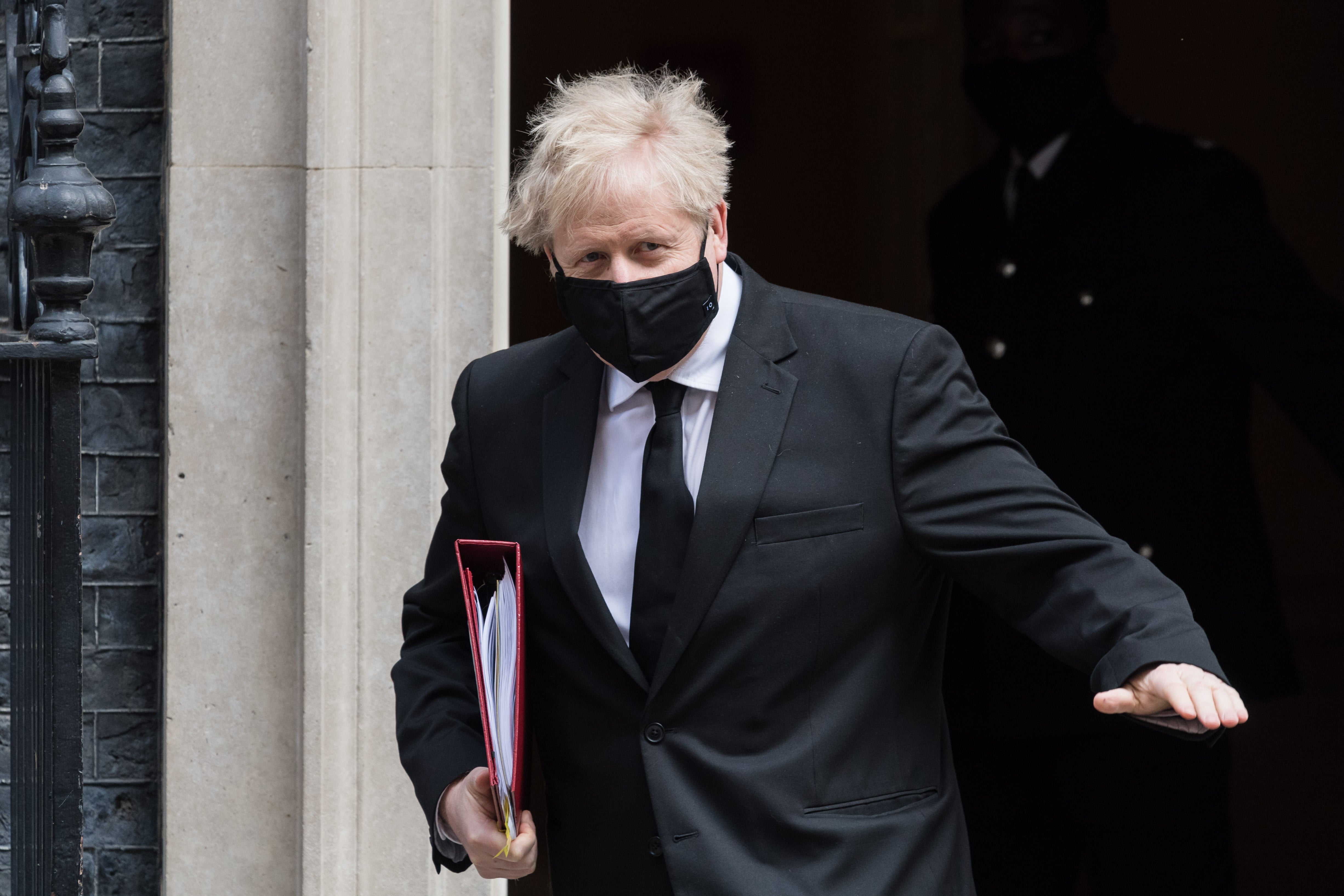United Nations experts condemn ‘shocking’ race report and call for Commission to be scrapped
‘It is stunning to read a report on race and ethnicity that repackages racist tropes and stereotypes into fact’

Your support helps us to tell the story
From reproductive rights to climate change to Big Tech, The Independent is on the ground when the story is developing. Whether it's investigating the financials of Elon Musk's pro-Trump PAC or producing our latest documentary, 'The A Word', which shines a light on the American women fighting for reproductive rights, we know how important it is to parse out the facts from the messaging.
At such a critical moment in US history, we need reporters on the ground. Your donation allows us to keep sending journalists to speak to both sides of the story.
The Independent is trusted by Americans across the entire political spectrum. And unlike many other quality news outlets, we choose not to lock Americans out of our reporting and analysis with paywalls. We believe quality journalism should be available to everyone, paid for by those who can afford it.
Your support makes all the difference.An arm of the United Nations has condemned the “shocking” Race Commission report ordered by Boris Johnson and called for the body to be scrapped.
The widely criticised study was attacked for “ignoring racial disparities” and for “shifting the blame for the impacts of racism to the people most impacted by it”.
“In 2021, it is stunning to read a report on race and ethnicity that repackages racist tropes and stereotypes into fact, twisting data and misapplying statistics and studies,” said experts from the UN Human Rights Council.
They added: “The report cites dubious evidence to make claims that rationalise white supremacy by using the familiar arguments that have always justified racial hierarchy.
“This attempt to normalise white supremacy despite considerable research and evidence of institutional racism is an unfortunate sidestepping of the opportunity to acknowledge the atrocities of the past and the contributions of all in order to move forward.”
They concluded: “The reality is that people of African descent continue to experience poor economic, social, and health outcomes at vastly disproportionate rates in the UK.”
The statement also attacked “the report’s mythical representation of enslavement is an attempt to sanitise the history of the trade in enslaved Africans”.
Notoriously, it pointed to “a new story about the Caribbean experience which speaks to the slave period not only being about profit and suffering but how culturally African people transformed themselves into a remodelled African/Britain”.
The experts said: “This is a reprehensible, although not unfamiliar tactic, employed by many whose wealth came directly from the enslavement of others, ever since slavery was outlawed.”
The attack was the latest in an onslaught of criticism since the Commission on Race and Ethnic Disparities (Cred), compiled by a panel hand-picked by No 10, was released three weeks ago.
It concluded that racial injustice still exists, but downplayed the concept of “institutional racism” and argued geography, family, socio-economic background, culture and religion have more impact on life chances.
At least 20 organisations and individuals who were listed as stakeholders have since distanced themselves from its controversial findings.

The UN body said it “blames single parents for poor outcomes, ignoring the racial disparities and the racialised nature of poor outcomes that exist despite an increased prevalence of single-parent families”.
And it attacked the conclusion that “while there might be overt acts of racism in the UK, there is no institutional racism”.
“The report offers no evidence for this claim, but openly blames identity politics, disparages complex analyses of race and ethnicity”, the statement argued.
It “proffers shocking misstatements and/or misunderstandings about data collection and mixed methods research”, cites “pessimism”, “linguistic inflation”, and “emotion” as bases to distrust data and narratives associated with racism and racial discrimination, and attempts to delegitimise data grounded in lived experience while also shifting the blame for the impacts of racism to the people most impacted by it”, the experts said.
The Commission “should be disbanded or reconstituted to prioritise an authentic and rigorous examination of race, rather than a politicised erasure of the racialised realities Black Britons navigate”.
Both Downing Street and the Commission has strongly rejected the criticism, arguing the UN report “misrepresents the findings” of the Race Commission.
In a statement released by the Cabinet Office, the Cred spokesman said: “We are disappointed that the Working Group of Experts on People of African Descent has grossly misrepresented the report’s findings, and appears to be a response to negative press coverage rather than the substance of its content.
“The misleading claims they have made risk fostering division on the subject of race, rather than constructive discussion on the issues.”
A spokesman for Mr Johnson said: “Our view is that this report misrepresents the findings.
“We remain proud of the UK’s long history as a human rights champion and we encourage everyone to read the original report in full.”
In response to the claim that the Cred report attempts to “normalise white supremacy”, the No 10 spokesman said: “Absolutely not.
“This report in no way condones racist behaviour and in fact it highlights that racism and inequality are still problems for our country.”
Join our commenting forum
Join thought-provoking conversations, follow other Independent readers and see their replies
Comments